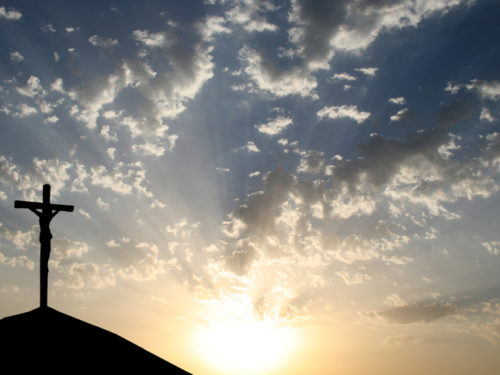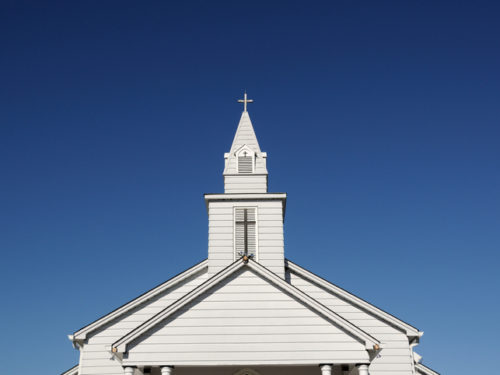 Uncategorized
Uncategorized
In light of the multiple thousands of denominations existing over and against Je...
 Church Planting, Global Engagement, Uncategorized
Church Planting, Global Engagement, Uncategorized
By: ECO Team
In ECO’s vision statement, we identify the key to the larger impact we envision, which is the development of a great quantity and quality of leaders. Specifically, we envision 1,000 vocational leaders and 10,000 highly invested lay leaders. Much of our effort needs to surround those 1,000 vocational leaders. These initiatives include the development of new pastors and church planters; the support of first call pastors; and the assistance in retooling pastors for an ever changing world.
In addition, we really want to emphasize the importance of developing lay leaders. Personally I struggle with the term lay leader for a variety of reasons, but it is a familiar term and helps people know who we are talking about. Every Christian movement throughout history has been highly or exclusively dependent upon lay leaders. As churches engage in something like the Church Transformation Cohort, I have experienced that the effectiveness and willingness of the lay leaders is just as important as that of the pastor. In fact, I might be as bold as to say that I believe that ANY church that has a pastor that demonstrates ECO’s leadership competencies, and has at least ten highly committed and capable lay leaders, could experience significant transformation.
Therefore, we are very intentional about the training of lay leaders. Such training happens in a group setting. For example, in the church transformation process, in addition to a Pastor Learning Community, there is also onsite and continual elder training. In fact, every church-focused initiative is very intentional about collectively engaging a wide base of leaders.
In addition to opportunities for corporate training, we also have opportunities for the further development of individuals. One of the primary avenues for individual development is through our Commissioned Lay Pastor Training program. According to our polity there are two ways to commission lay leaders. The first is to be able to celebrate the sacraments in micro-expressions of church. We call this training program CLP 1 (referenced in 2.0502 of ECO’s polity). The second, called CLP 2 is to commission a lay leader to serve as the pastor of a congregation (referenced in 2.0503 of ECO’s polity). One encouraging step is that we have seen congregations incorporate the CLP 1 process into their local congregations. Instead of an individual elder or deacon joining a national cohort, some local congregations are using the material to facilitate the training internally with the local pastor.
Two final pieces I would like to highlight. The first is that we have had some people engage in missional community training. John Terech often coordinates these missional community groups and the training is provided by Alex Absalom (www.dandelionresourcing.com). The missional community training is a great addition for those that want to start a community that isn’t just with and for church people, but rather seeks to penetrate their local context and reach new people for Jesus.
The last piece that we are working on is offering the Younique process for individuals to discover their own identity and calling. On the Synod level in ECO we have gone through the revisioning process that has led to updated values, strategy, measures, and vision. The Younique process allows people to complete this same process individually. Younique has been extremely powerful for people of all different ages and stages. For example, younger people find it to be a helpful foundation as they go into the world. Those who are retiring find it enlightening as a guide to the third chapter of their lives. Right now you can participate in a virtual cohort directly though Younique (https://lifeyounique.com/store/). Younque also trains people to run these courses for organizations and we have leaders who have been trained to do so. We are currently working to find ways within the denomination to offer these courses at lower cost.
One of the things that I love most about ECO is when I see how lay leaders in our churches have come alive to their calling and purpose. They have seen that being an elder isn’t just about making decisions and providing governance, but that they can expand and fulfill a greater calling that the Lord has put on their lives. Especially in this particular season of COVID, and the long and short term changes that have taken place, it is vitally important that we continue to invest in, develop, and deploy the 10,000 lay leaders that we envision for our movement. Perhaps God is calling you for such a time as this!
In Christ,
Dana
 Uncategorized
Uncategorized
In light of the multiple thousands of denominations existing over and against Je...
 Uncategorized
Uncategorized
My first pastoral call was to the First Presbyterian Church of Winnfield, a litt...
 Uncategorized
Uncategorized
This semester, I’m teaching “The Holy Spirit and the Church.” Our primary textbo...